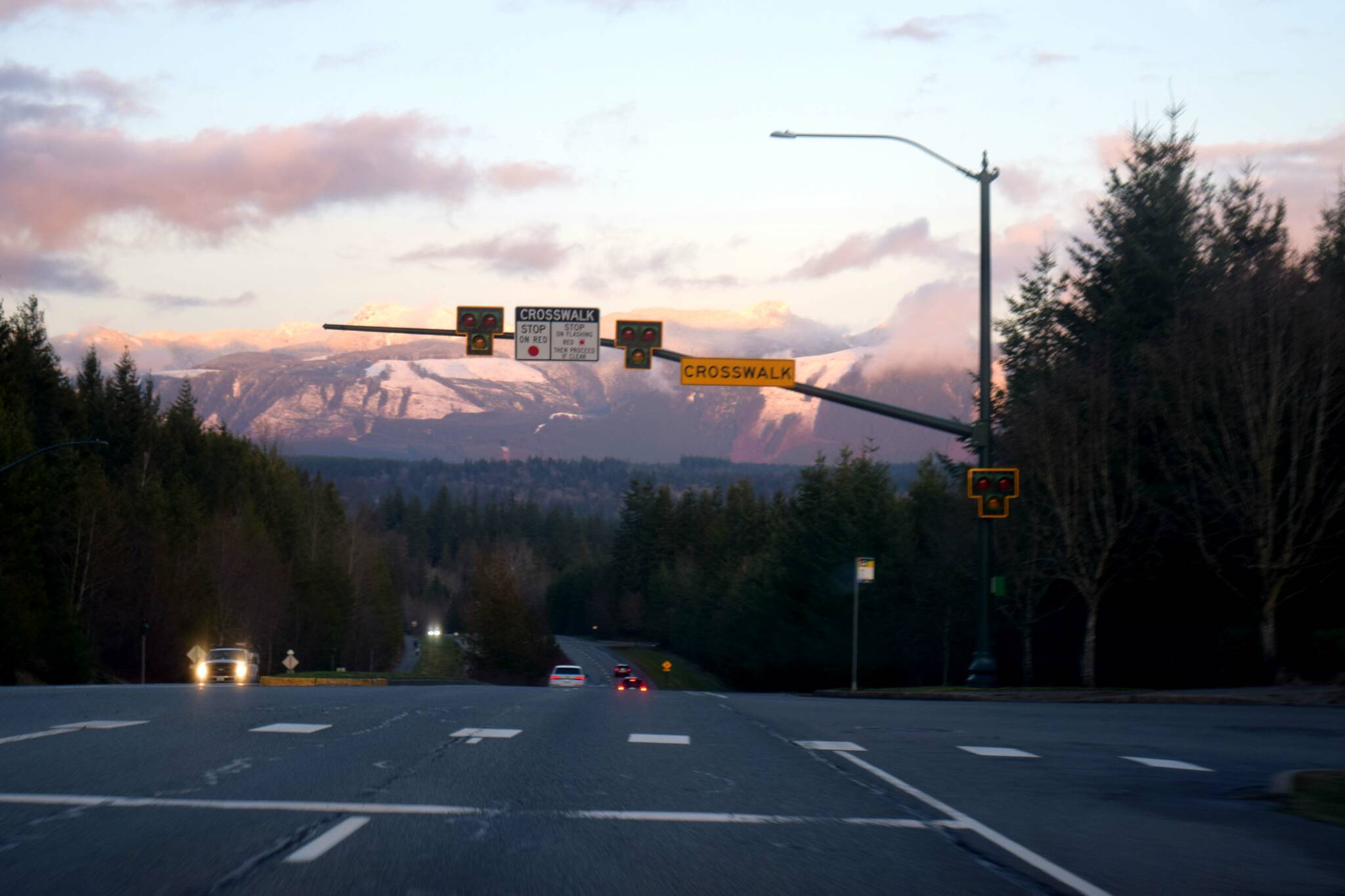The Washington State Department of Transportation said they do not support a city request to take over jurisdiction and maintenance of the Snoqualmie Parkway.
During a July 19 meeting of the Washington State Transportation Commission, Brian Nielsen, a WSDOT representative, told commissioners the parkway does not meet the standards for a transfer to state ownership.
“It is WSDOT’s conclusion that the Snoqualmie Parkway does not meet any applicable criteria set forth in the [state code],” he said.
Snoqualmie officials submitted a request for the 3.5-mile Parkway to be transferred over to the state last year. Now the State Transportation Commission is tasked with deciding if the request meets criteria outlined in state code.
Whatever the seven-member commission decides, the final outcome will likely have major financial implications for the city — and its taxpayers — in coming decades.
Whoever ends up owning the Parkway will be also stuck with its ongoing maintenance and preservation, a financial burden often beyond what Snoqualmie can afford as a small city.
A prior engineering study has determined the parkway’s pavement to be in poor condition for years, and the city has cited a desire to repave the road since at least 2017.
But they had been unable to fund a repaving project until this summer, after receiving a $5 million allocation in the 2022 state transportation budget for maintenance.
Because of its location, nestled between State Route 18, I-90 and State Route 202, the parkway functions as a de-facto state highway, Snoqualmie officials argue. Damage to the road, they said, is primarily the result of pass-through truck traffic, rather than city residents.
“A third of trucks are not associated with business in city limits, which creates significant financial challenges for us,” Snoqualmie Mayor Katherine Ross said, noting that number is expected to grow in coming years.
The city does not generate tax revenue for these pass-through trips, Ross said, placing an unfair burden on city taxpayers to front cost for the damages of regional commerce.
Nielsen, the WSDOT rep, argued one-third of truck trips being passed through does not represent a regional corridor, while noting WSDOT has not done an independent traffic analysis of the parkway. Most have some business in the city, he said.
“We don’t see this as regional in nature,” he said. “These trips benefit the city one way or another.”
The Transportation Commission will vote on the transfer in October. If approved, it will head to the state Legislature for adoption.


